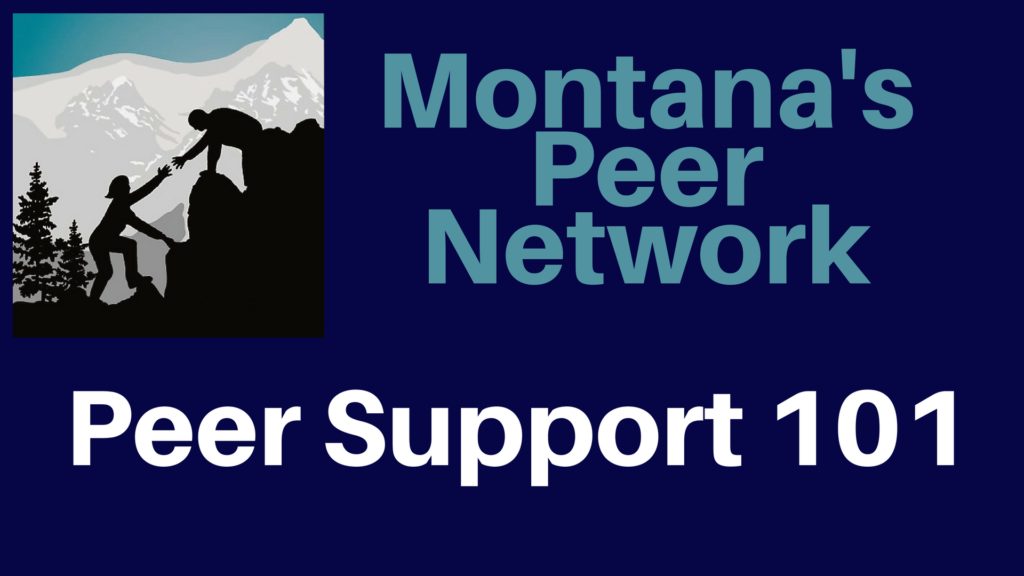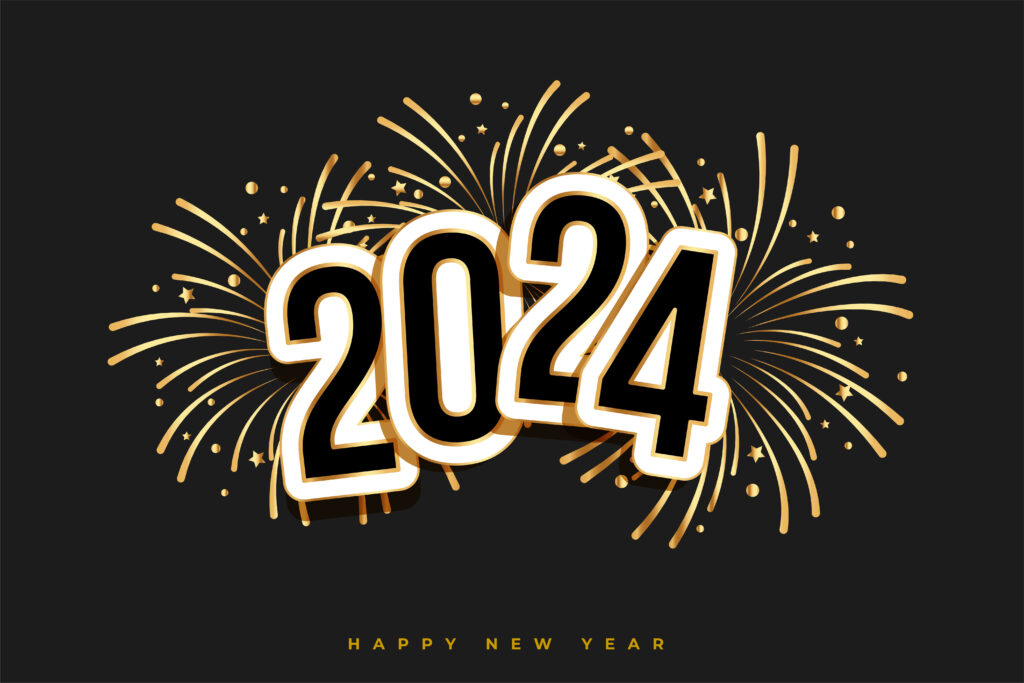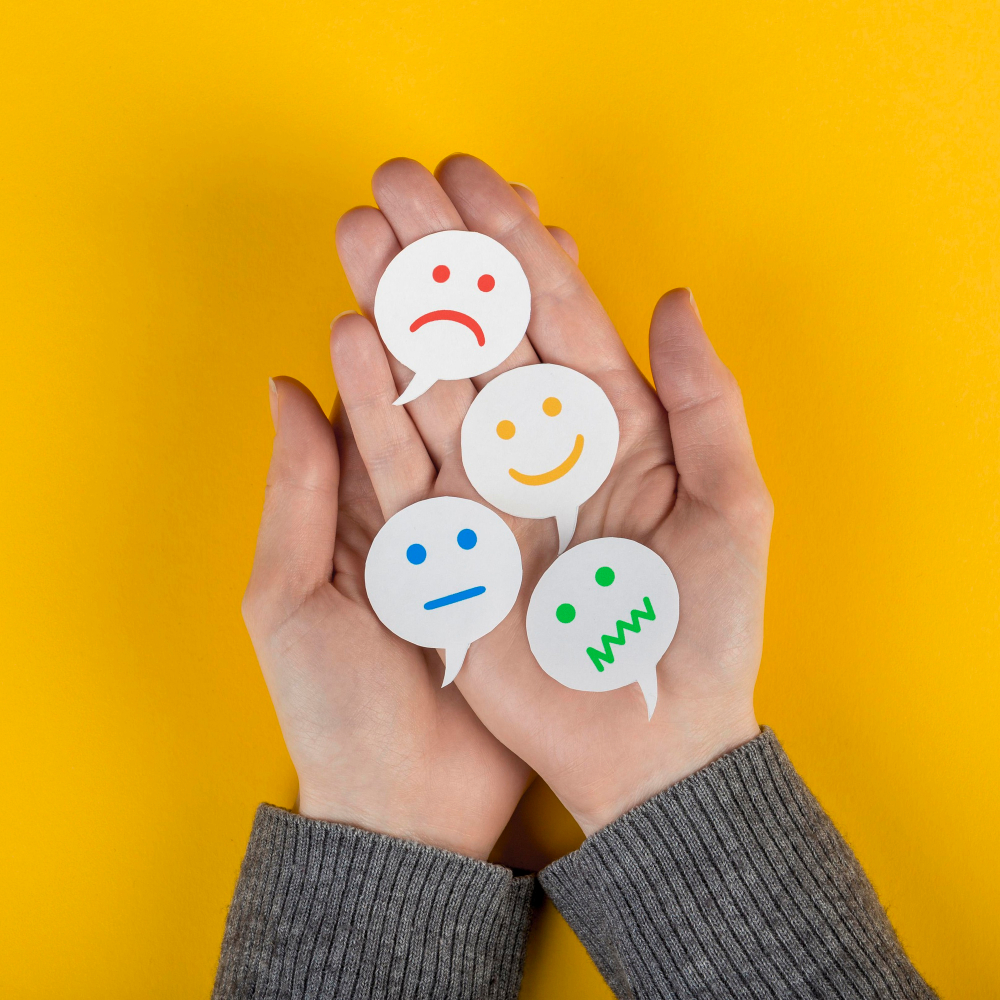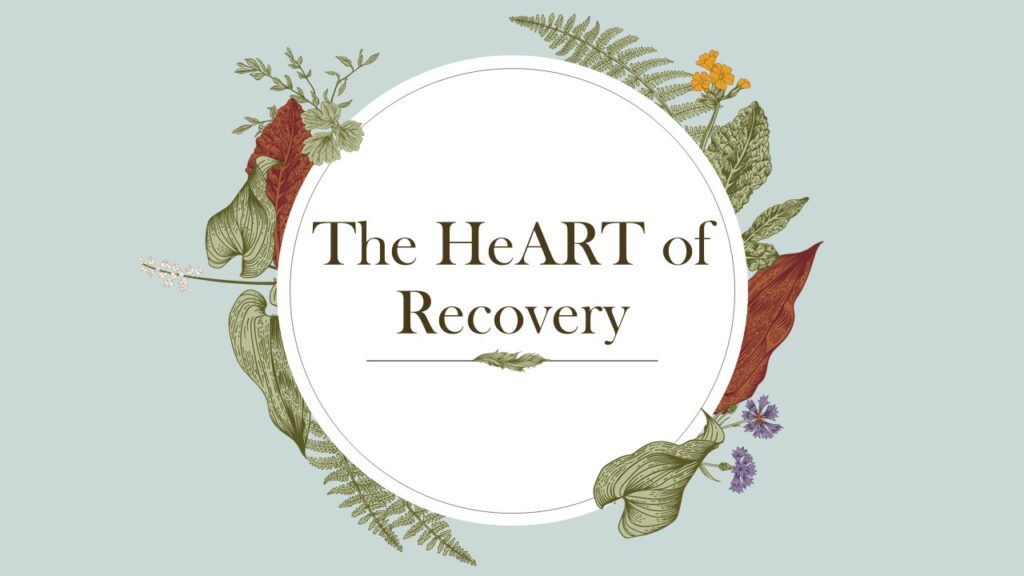Community and Peer Support for LGBTQIA+ People
Community and peer support are important components of recovery for LGBTQ+ individuals dealing with mental health issues. They provide a lifeline of understanding, acceptance, and encouragement and help mitigate the adverse effects of discrimination, family issues, and internalized stigma while fostering resilience and promoting well-being. Several organizations, including the Substance Abuse and Mental Health Services Administration (SAMHSA), PFLAG, GLAAD, and the Human Rights Campaign, emphasize the importance of such support systems in improving the mental health outcomes of LGBTQ+ individuals.








